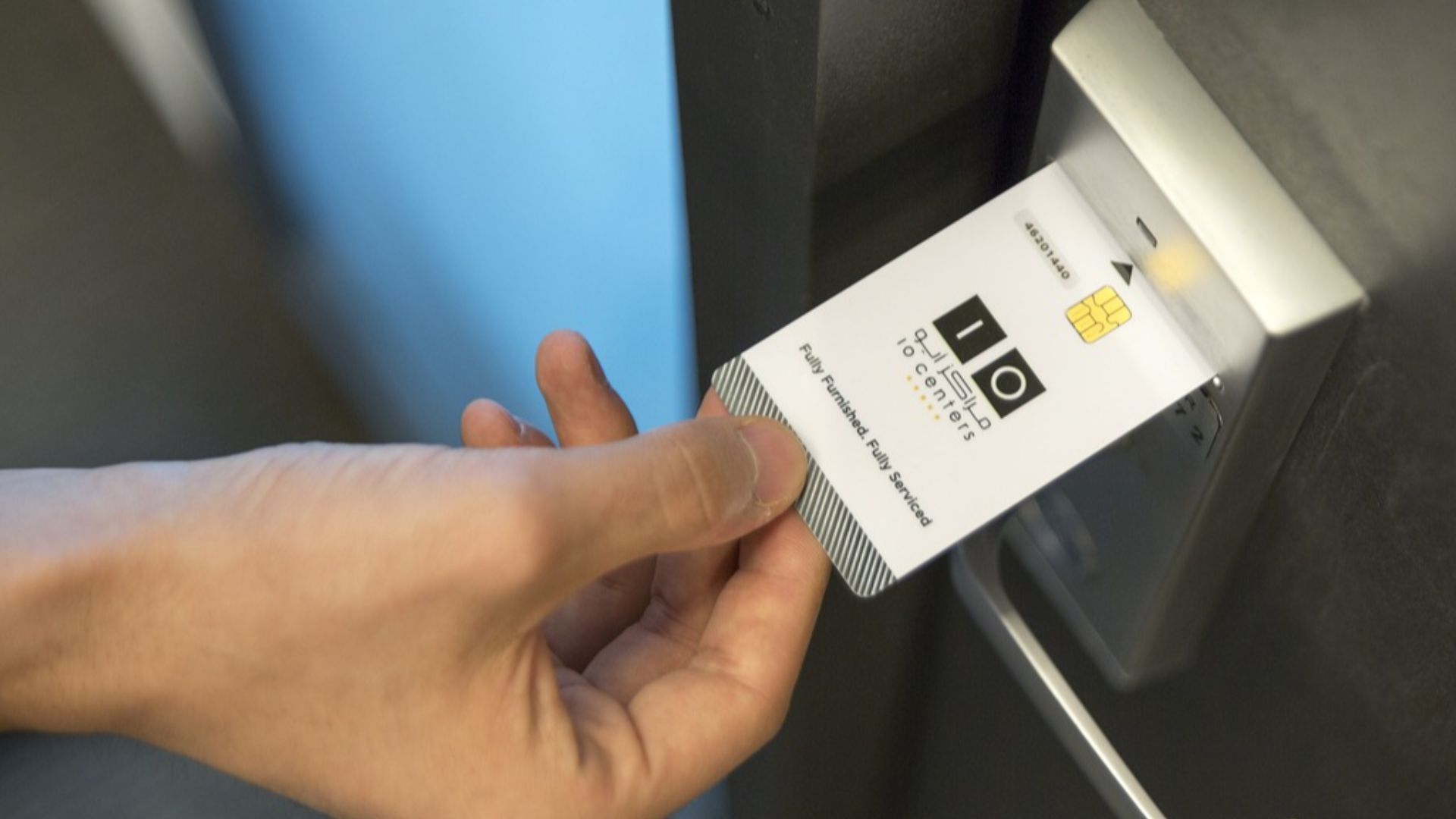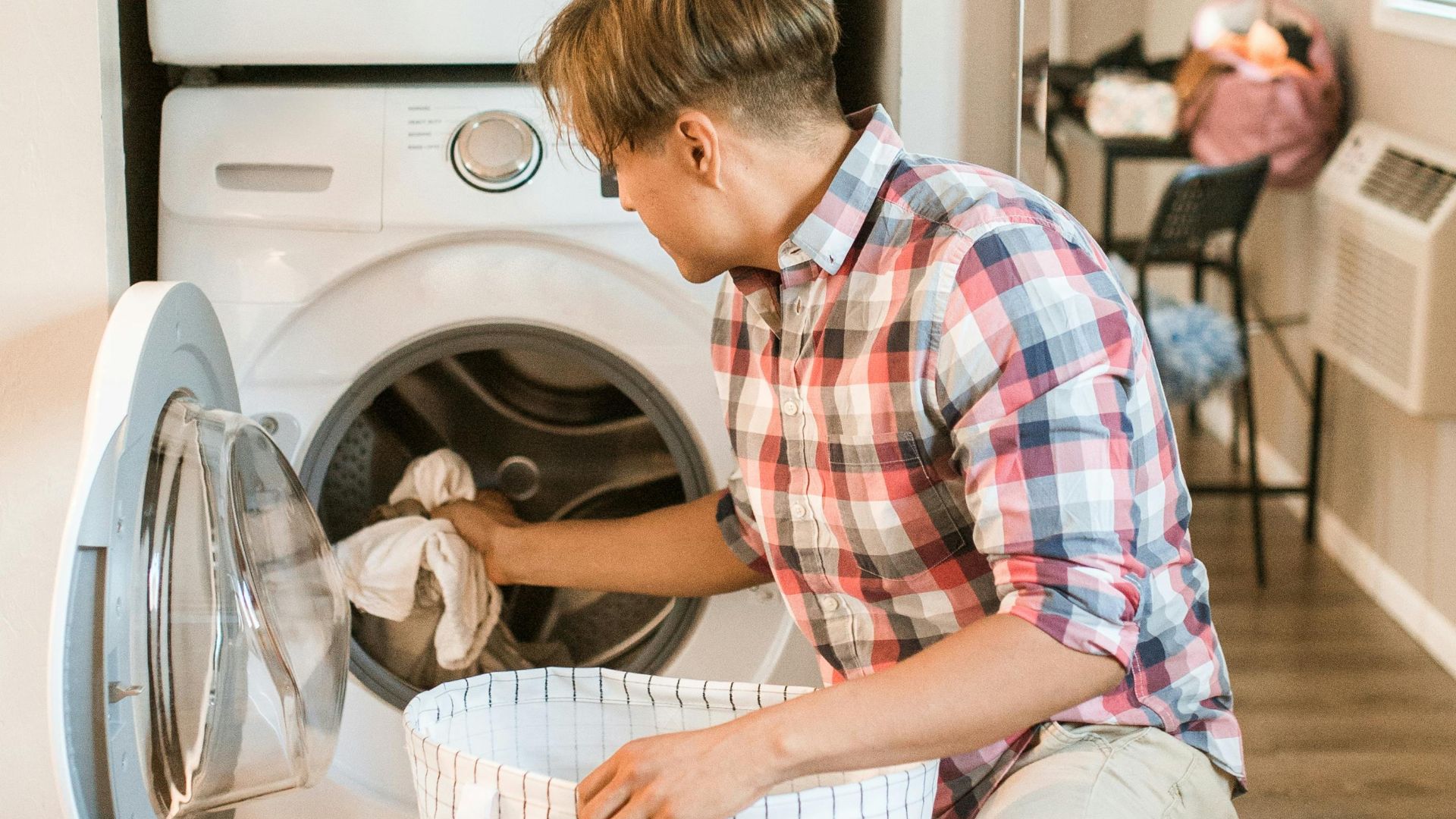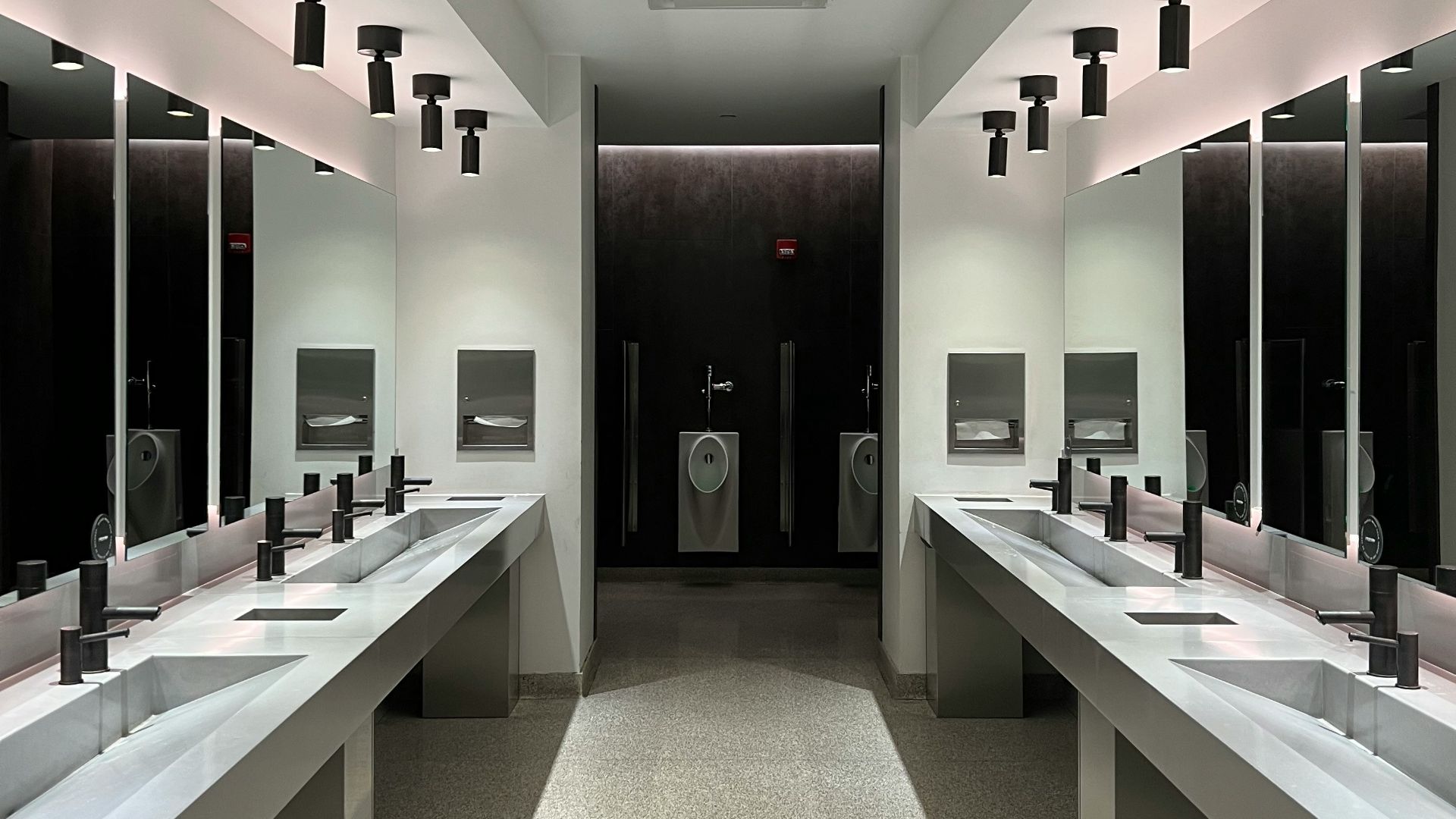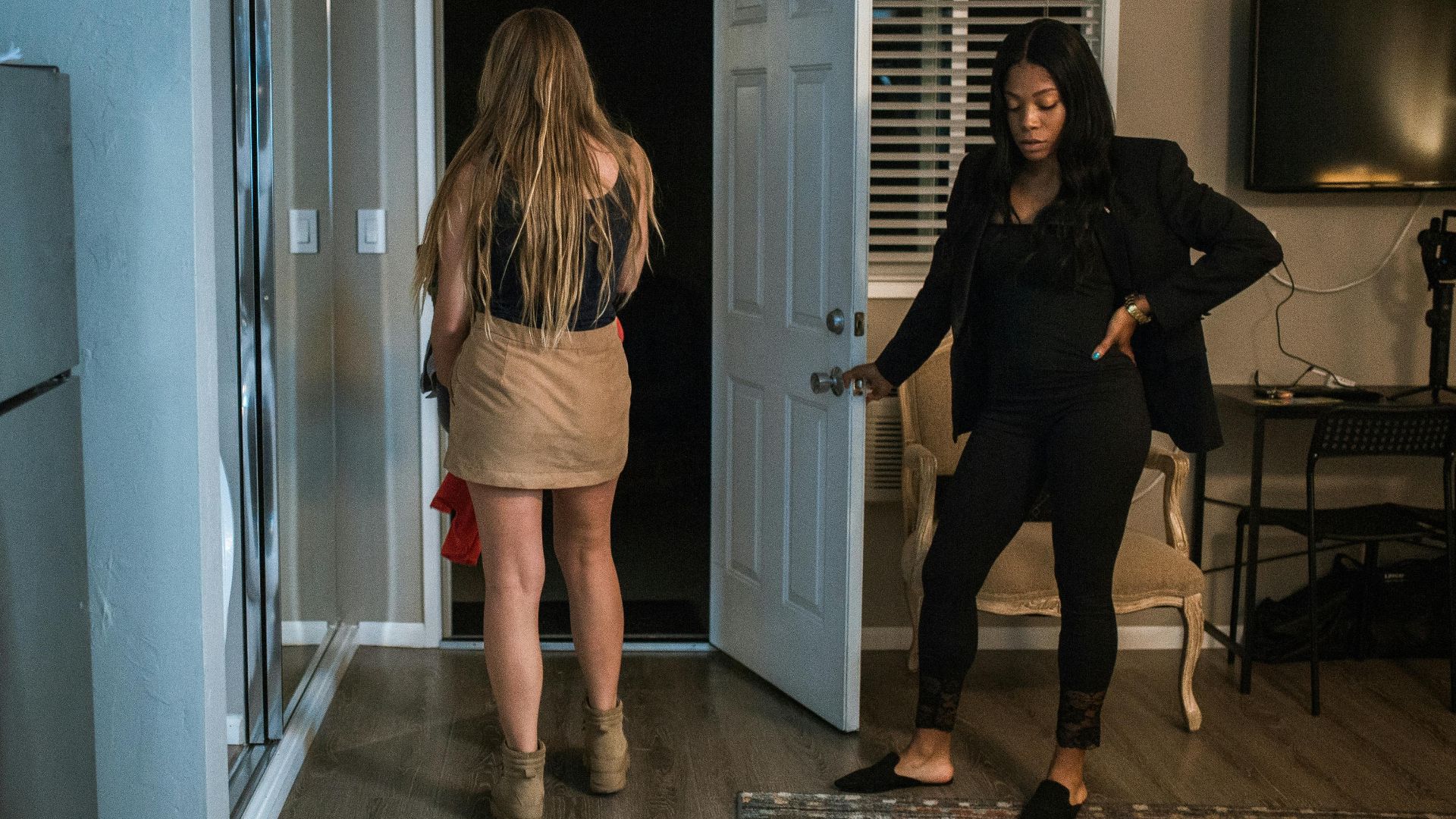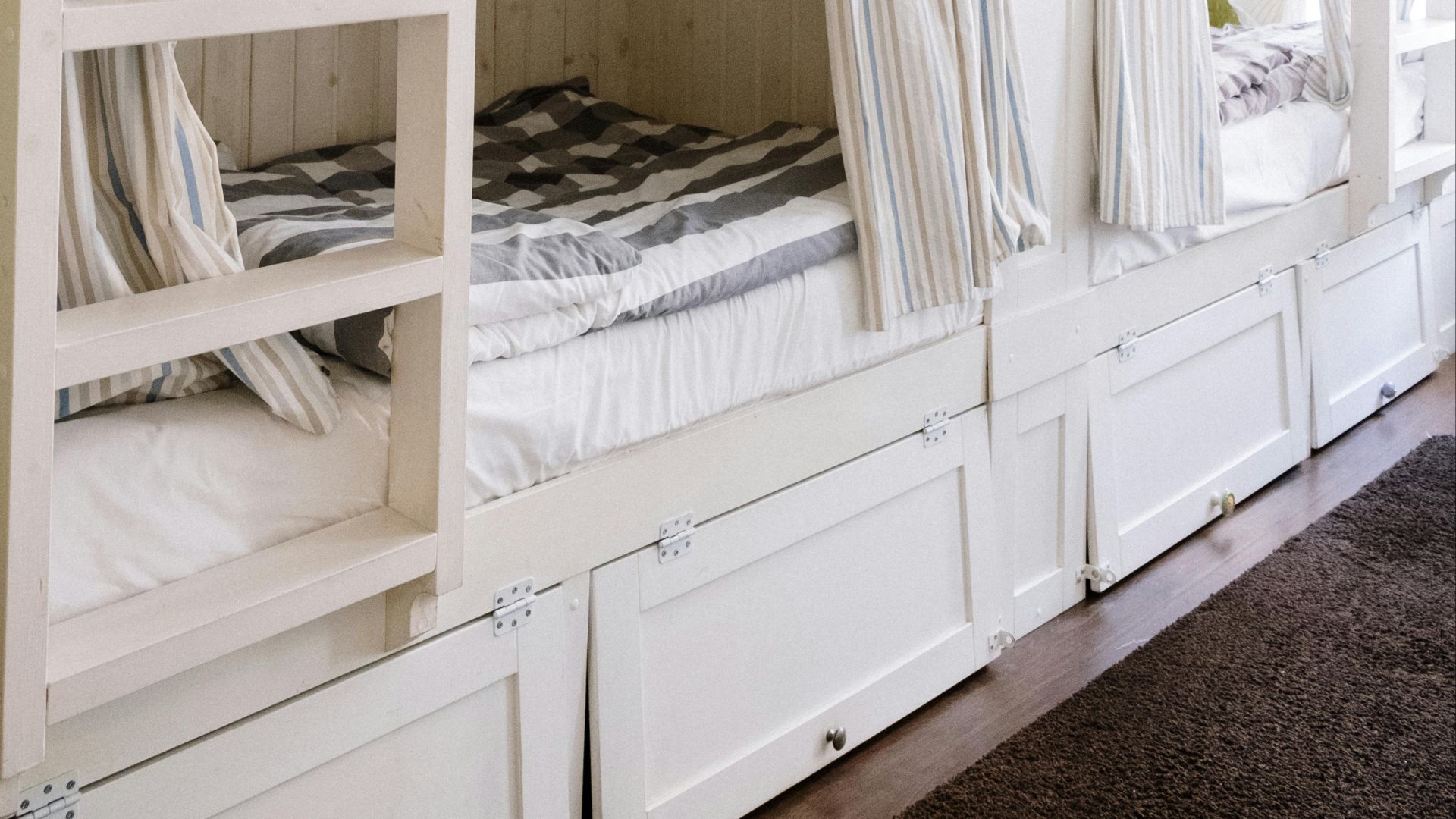The Real Deal Of Student Housing
Living on campus can feel like stepping into an entirely new world. For many students, it marks the beginning of independence and real-life friendships that grow outside the classroom. But dorm life isn't always easy. It brings its own share of frustrations and noise. So, before you push your kid to live on campus, it's worth looking at what really works and what doesn't. Let’s start by looking at the good side.
1. Instant Community
Living in a dorm means students are surrounded by potential friends from day one. Chatting over laundry or bonding during late-night snacks, connections will come quickly. They don't have to try too hard—social opportunities naturally happen just by showing up and being part of the environment.
2. Walk-To-Class Convenience
Campus dorms are usually a short stroll from academic buildings and cafeterias. That means no public transport headaches. The ease of getting around frees up more time and energy for studying, extracurriculars, and maintaining some semblance of a social life.
3. Built-In Support Systems
Resident Assistants (RAs) and on-site staff are there for more than just enforcing rules. They provide guidance and even organize community events. Having trained support nearby helps students adjust emotionally and socially, which is a safeguard during the sometimes bumpy transition to college life.
 Antoni Shkraba Studio on Pexels
Antoni Shkraba Studio on Pexels
4. There’s Always Something To Do
Dorms are buzzing with energy. Be it fun game nights or spontaneous pizza runs, there's always something happening. Students are never far from conversation or company, which makes it easy for them to stay busy, have fun, and avoid the boredom that can sometimes come with off-campus housing.
5. Utilities Are Covered
Water, electricity, heating, and Wi-Fi are all rolled into your housing fee. There's no worrying about splitting bills or remembering due dates. For students juggling coursework and budgeting for the first time, it's one less thing to stress over, and it keeps your financial planning simple.
6. Academic Perks
Some dorms offer themed housing for certain majors or academic interests. Others are located right next to libraries or study lounges. Kids get easier access to group study sessions or just quiet space, as dorms are often structured to support your academic success in subtle but meaningful ways.
7. Security And Staff Access
Many residence halls require keycards, have front desk security, and offer 24/7 maintenance response. If something goes wrong, such as a broken heater or even just feeling unsafe, help is close at hand. That peace of mind matters, especially during late-night study sessions or when returning home alone.
8. No Cooking Required
With meal plans included, students can skip the grocery store and still eat three meals a day. Dining halls offer variety, and many institutions cater to different dietary needs. The food may not be gourmet, but it's hot and saves time that kids would rather spend on assignments or sleeping in.
 valentin ciccarone on Unsplash
valentin ciccarone on Unsplash
9. Cultural Exposure
Dorms bring together students from around the world. Living side-by-side with people from different backgrounds offers daily opportunities for new perspectives and cultural exchange. Students learn to respect differences and pick up a new recipe, custom, or playlist from their hallmates.
10. Life Skills In Progress
Negotiating chores with roommates or remembering to do laundry before running out of socks—dorm life accelerates the learning curve of each resident. These aren't textbook lessons, but they're real. Living on campus teaches personal accountability and how to function within a shared space.
However, this lifestyle is not for everyone. To some students, the daily quirks of living on campus might feel more frustrating than freeing. Here's the hidden side of the story.
1. Space And Routine Clashes
Two or more students usually live in just one dorm room. Whether a roommate is watching a movie or a neighbor is talking loudly on the phone, peace and privacy are rare. Even finding a quiet spot to think or decompress can take effort and patience.
2. Shared Bathrooms
Communal bathrooms are a common feature in most dorms. Residents need shower shoes, a toiletries caddy, and plenty of tolerance for awkward encounters. From hair in the sink to the occasional clogged toilet, it's not exactly glamorous, but it usually becomes the norm.
3. Roommate Roulette
Even with surveys and pairing systems, kids won't always click with their roommates. Conflicts can arise over bedtimes, cleanliness, guests, or habits. While some become lifelong friends, others are a semester-long challenge in terms of communication and learning how to coexist respectfully.
4. Noise, Always
Late-night hallway chatter and impromptu jam sessions next door can make dorms noisy. Quiet hours exist, but enforcement is inconsistent. Individuals who are sensitive to sound will need earplugs and loads of patience when it's time to concentrate or sleep.
5. Space Is Tight
Dorm rooms are notoriously compact. Storage is limited, so students must get creative with under-bed bins. Fitting their entire life into a room shared with others forces them to downsize, prioritize, and occasionally make peace with clutter they can't control.
6. Constant Social Pressure
With people always around, there's an unspoken pressure to engage—even when you're drained. Saying no to hangouts or needing alone time can feel awkward. For introverts or those who value downtime, the perpetual social scene may feel more exhausting than energizing.
7. Cafeteria Burnout
Dining halls are convenient—until you realize you've eaten the same stir-fry three times this week. Meal plans don't always offer variety or quality. After a while, kids may start skipping meals or spending extra just to grab food elsewhere for a change of pace.
8. Policy Overload
Dorms come with plenty of rules: no candles, no personal furniture, and time limitations. Even things like string lights or fridge size may be regulated. While meant to keep things orderly, some restrictions can feel rigid and overly controlling.
9. Break Evictions
Many dorms shut down over winter and summer breaks. If home is far from campus, that means finding storage or scrambling for temporary housing. It's an extra expense and hassle that catches a lot of students off guard the first time around.
10. Germ Central
Flu season spreads fast when kids use the same door handles, bathrooms, and air. Colds, stomach bugs, and viruses circulate quickly through dorms. Even after being careful, residents are likely to get sick at least once. They’ll need to stock up on tissues, hand sanitizer, and medicines from the start.








